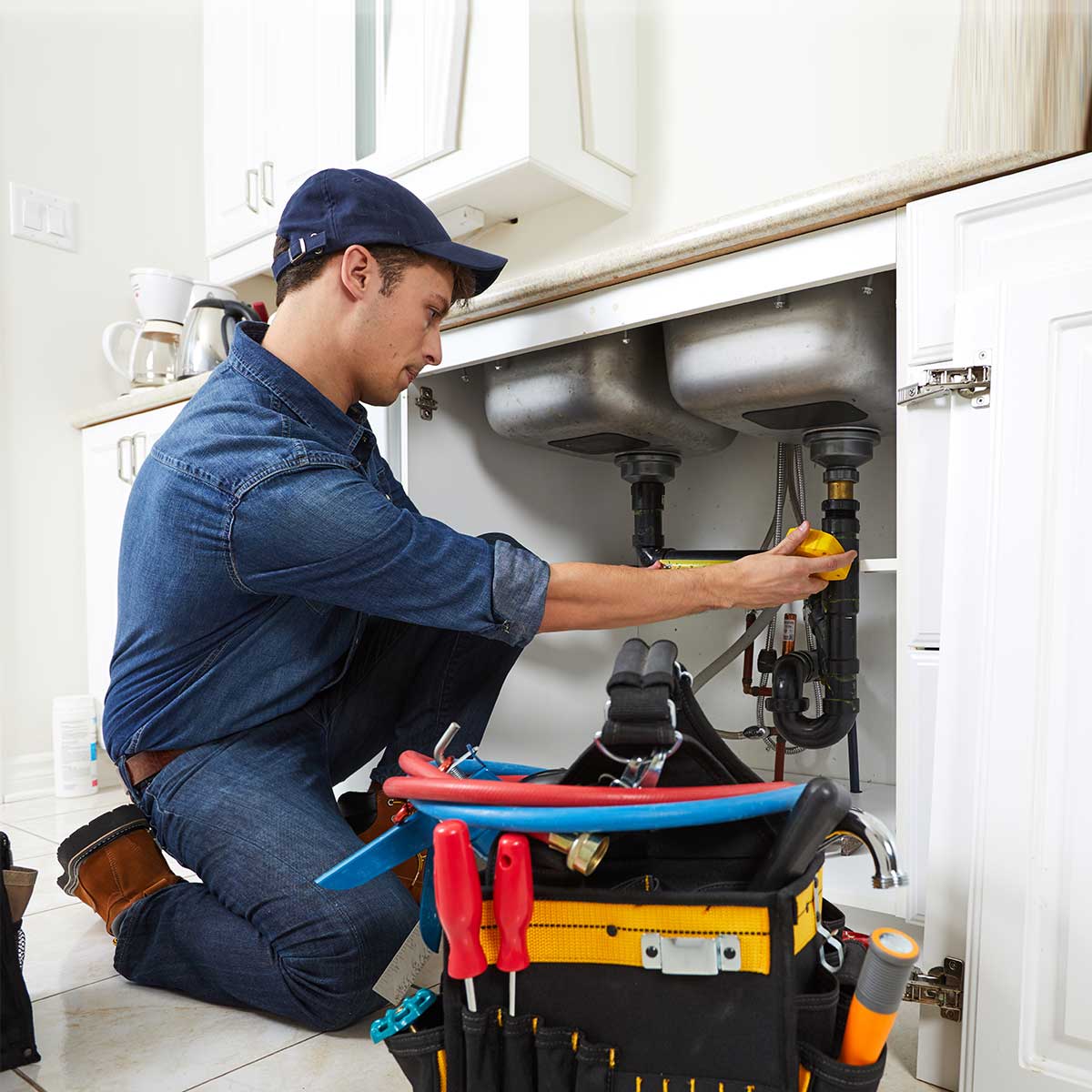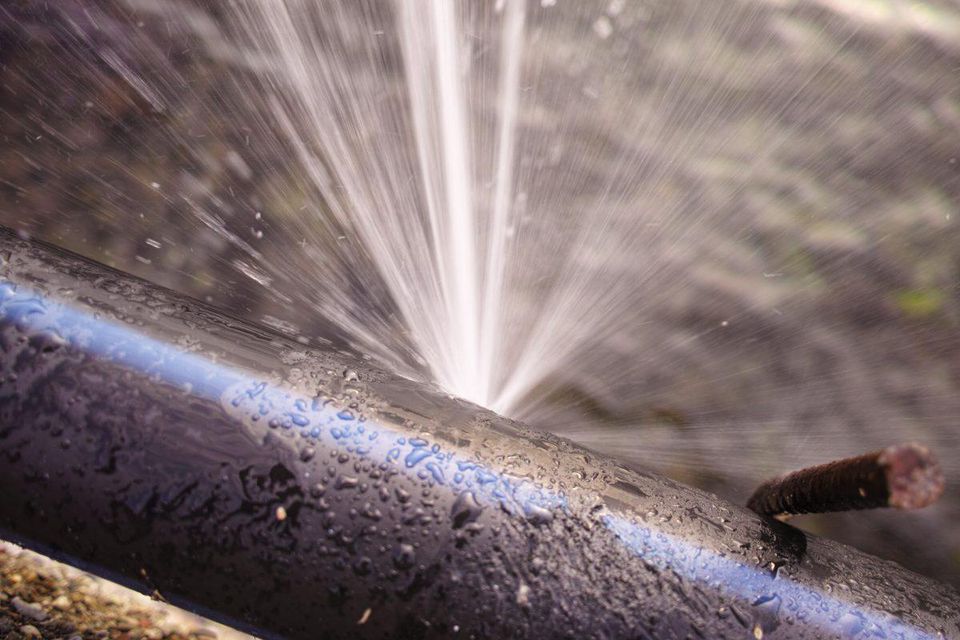The Top 5 Triggers of Water Leaks
The Top 5 Triggers of Water Leaks
Blog Article
How do you feel when it comes to Where to Find Water Leaks?

"Be cautious of little costs. A tiny leakage will sink a wonderful ship." - Benjamin Franklin.
He could not have been much more best since water leaks in our homes lead to a waste of resources, boosting our water bills. Although this boost could appear negligible initially, it can lead to substantial expenditures that can break your bank. In addition to a rise in costs, water leakages likewise trigger unwanted natural growth, structural damages, and even electric dangers.
If you have a water leakage isn't always very easy due to being incapable to see many of the pipework in your residence, figuring out. However, If you have had an increase in your water costs lately, noticed water spots on ceilings as well as wall surfaces, scented poor smell, etc. You may want to think about asking for plumbing services to get it checked out.
There are a number of causes of water leakages, and we have put together the usual factors below. Examine to see if you have actually had associated problems in your home just recently.
Clogged drains
Food particles, dust, and oil can cause clogged up drains pipes as well as obstruct the flow of water in and out of your sink. If undealt with, boosted pressure within the gutters can trigger an overflow as well as end up splitting or rupturing pipelines. To stay clear of blocked drains in your home, we recommend you to prevent putting fragments down the drain and routine cleansing of sinks.
High water stress
You noticed your residence water pressure is greater than usual but after that, why should you care? It's out of your control.
It would be best if you cared since your typical water pressure ought to be 60 Psi (per square inch) as well as although your home's plumbing system is made to stand up to 80 Psi. A rise in water pressure can place a strain on your house pipes and cause splits, or worse, ruptured pipes. Obtain in touch with a specialist about regulating it if you ever before see that your residence water pressure is greater than usual.
Deterioration
As your pipework ages, it obtains weak and also much more vulnerable to rust after the regular passage of water with them, which can gnaw at pipelines and also cause cracks. A noticeable indicator of rust in your home plumbing system is staining as well as although this could be hard to find as a result of the majority of pipes hidden away. Once they are old to ensure an audio plumbing system, we encourage doing a regular check-up every couple of years and alter pipes
Compromised pipeline joints
Pipe joints are the components of our plumbing system where the pipelines connect. It is important to keep in mind that even though pipelines are developed to stand up to pressure and also last for a while, they weren't designed to last forever; for that reason, they would weaken over time. An usual indicator of harmed pipeline joints is too much sound from taps.
Broken seals
An additional source of water leaks in homes is damaged seals of home devices that make use of water, e.g., a dish washer. When such home appliances are installed, seals are set up around water connectors for easy flow of water with the equipment. Thus, a busted seal can create leakage of water when in operation.
With little or no expertise of plumbing, comprehending your home's plumbing system sufficient to fix some of these problems (without effect) can be an inconvenience. Contact plumbing professionals in Pittsburgh, Providence, Rochester, as well as environ today, as well as they'll make those problems disappear.
He couldn't have been much more best due to the fact that water leakages in our residences result in a waste of resources, increasing our water expenses. If you have had a boost in your water bills lately, observed water spots on ceilings as well as walls, scented poor odor, etc. A boost in water stress can put a pressure on your residence pipelines and lead to splits, or even worse, ruptured pipelines. One more cause of water leakages in homes is damaged seals of residence appliances that make use of water, e.g., a dishwasher. When such devices are set up, seals are installed around water ports for easy flow of water through the machine.
5 TIPS IN DETECTING A WATER LEAK IN YOUR HOUSE
Water leaks can be hard to find in your home, yet they can be so common. We rely on water every day in our home, which is why a leak can cause big problems. By detecting them early, you can save money and further damage, getting the problem fixed as soon as possible. Here are 5 tips to help you detect a water leak in your home, so you can contact a plumber straight away and get the issue sorted.
Check your water meter
Many people underestimate the value of the water meter in their home. It can be one of the best ways to tell if you have a leak early on, so you can get on top of it before issues start arising. Start by turning off all the water in your home: taps, washing machine, dishwasher, etc. Now take a look at the meter – if it’s still changing with everything turned off, it’s likely you have a fast-flowing leak that you need to get on top of straight away. If nothing changes, then leave your meter for an hour or two and come back to it. Did it change in this time? It’s likely you have a slower leak, which isn’t as urgent but still handy to get fixed so it doesn’t become a bigger problem.
Keep an eye on your bill
Another good way to detect a leak in your home is by keeping an eye on your water bill. It helps if you have a past bill from the same period of time. You can compare like for like and determine whether your water usage has increased significantly. If it has, there may be a leak in your system that you haven’t picked up before. A professional plumber can check through all of your pipes and determine where it is coming from.
Look for damage
If you have a leak inside your home, you will notice damage over time. Take a look at your showers and bathtubs and note whether any of the tiles surrounding the area seem to be discoloured or damaged in any way. There may be water stains, mould or peeling material that has resulted from a build up of moisture over time. Make sure you take a look under sinks at the back of cupboards that don’t get accessed regularly. This is where damage can go unnoticed and build up over periods of time.

I hope you enjoyed reading our post about How to Find and Prevent Water Leaks in Your Home. Thanks so much for finding the time How to Find and Prevent Water Leaks in Your Home. Remember to take the opportunity to distribute this page if you enjoyed it. I treasure reading our article about How to Find and Prevent Water Leaks in Your Home.
Book A Service Call Report this page